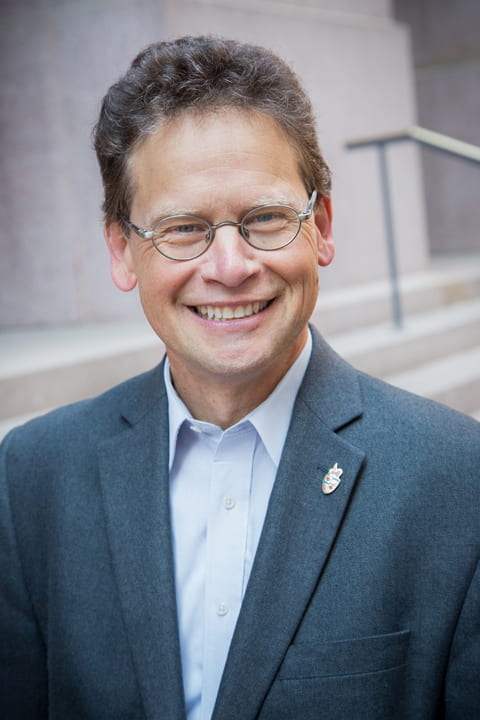Author: Jorge Riopedre, executive director of Delmar Divine and advisor of Inclusive Growth in St. Louis event series.
St. Louis has historically been segregated, with people of color living in areas that were purposely removed from economic opportunities. In my work at Delmar Divine, I can see firsthand why inclusive growth matters. The disregard for including the neighborhoods north of Delmar Boulevard in economic opportunities is partly what led to the infamous “Delmar Divide.”
Delmar Boulevard, a road almost ten miles long that runs through St. Louis County and City, has historically acted as a dividing line. Once Delmar Boulevard goes beyond the Loop and enters the City, most of the families living to the north are Black and experience a lack of resources including education and economic opportunities. But to the south, white neighborhoods enjoy development and investment within their area, with property values four times greater than those north of Delmar. And the situation has not improved. As recently as 2019, property values were reassessed for taxes in St. Louis. Neighborhoods south of Delmar experienced an increase in the median value of their homes, while nearly every neighborhood north of Delmar Boulevard experienced declines in their median home value.
Fortunately, many new projects are working to address the economic disparity. After decades of disinvestment in the city, the St. Louis government has established an Equitable Economic Development Strategy Framework in recognition that a large loss of population and economic potential is leaving Black workers unable to find opportunities in St. Louis.
We must address the economic disparities and disinvestment in St. Louis if the region as a whole is to prosper. As the St. Louis Development Corporation noted in its “2020 Vision” report, today the population of the City of St. Louis is barely one-third of its peak, and the loss of inhabitants has been concentrated among Blacks, especially Blacks with children.
In addition, the newly formed Greater St. Louis Inc. stated in its STL 2030 Jobs Plan that “entrenched patterns of… segregation limit the life opportunities of Black St. Louisans…The barriers which prevent many Black residents from fully participating in the region’s economy act as a brake on everyone’s prosperity.”
At Delmar Divine, I work to support social innovation to strengthen a historically marginalized area. Delmar Divine will provide co-location opportunities for non-profit organizations alongside a range of shared support services for both tenants and the broader St. Louis community, as well as attainable housing to serve diverse, early-career professionals.
Inclusive growth means not just investing in the neighborhoods, but also investing in the people living there. Working to counteract systematic disinvestment and equity is complex and requires a multifaceted approach. Issues like housing, nutrition, education, and employment all interact and create more complexity in changing disinvestment. This is why, of all the issues we face, I work on strengthening and empowering structures that are already in place that have a track record of effectiveness.
I hope that by creating co-location opportunities for non-profits we can create cross-sector communication that effectively supports the efforts already done in St. Louis and enhances their work. In doing so, we can create a space where inclusive housing, employment, education, and more can grow.
About Jorge Riopedre

Jorge is the executive director of Delmar Divine, an innovative, multi-use initiative to address the longstanding disadvantage and disinvestment in communities north of Delmar Boulevard. Previously Jorge served as president and chief executive officer of Casa de Salud, a clinic providing high-quality, low-cost clinical and mental healthcare to the uninsured, focusing on the new immigrant community. Throughout his career he has led organizations that foster community development and equity. Jorge has received several awards including the Diverse Business Leader Award from the St. Louis Business Journal, the Premio Esperanza from the Hispanic Leaders Group, and the Michael J. Garanzini Award for Outstanding Community Service from Saint Louis University.